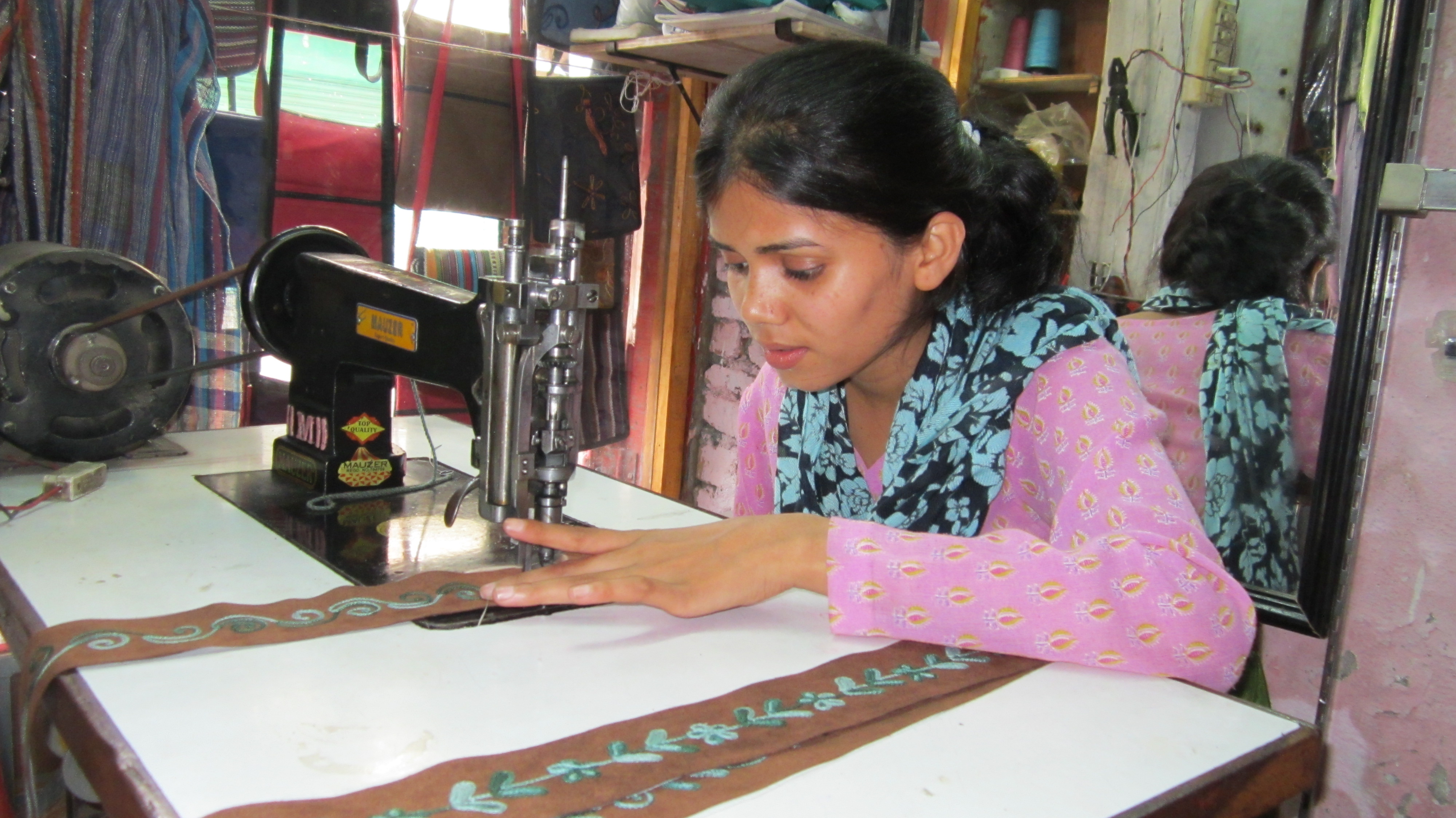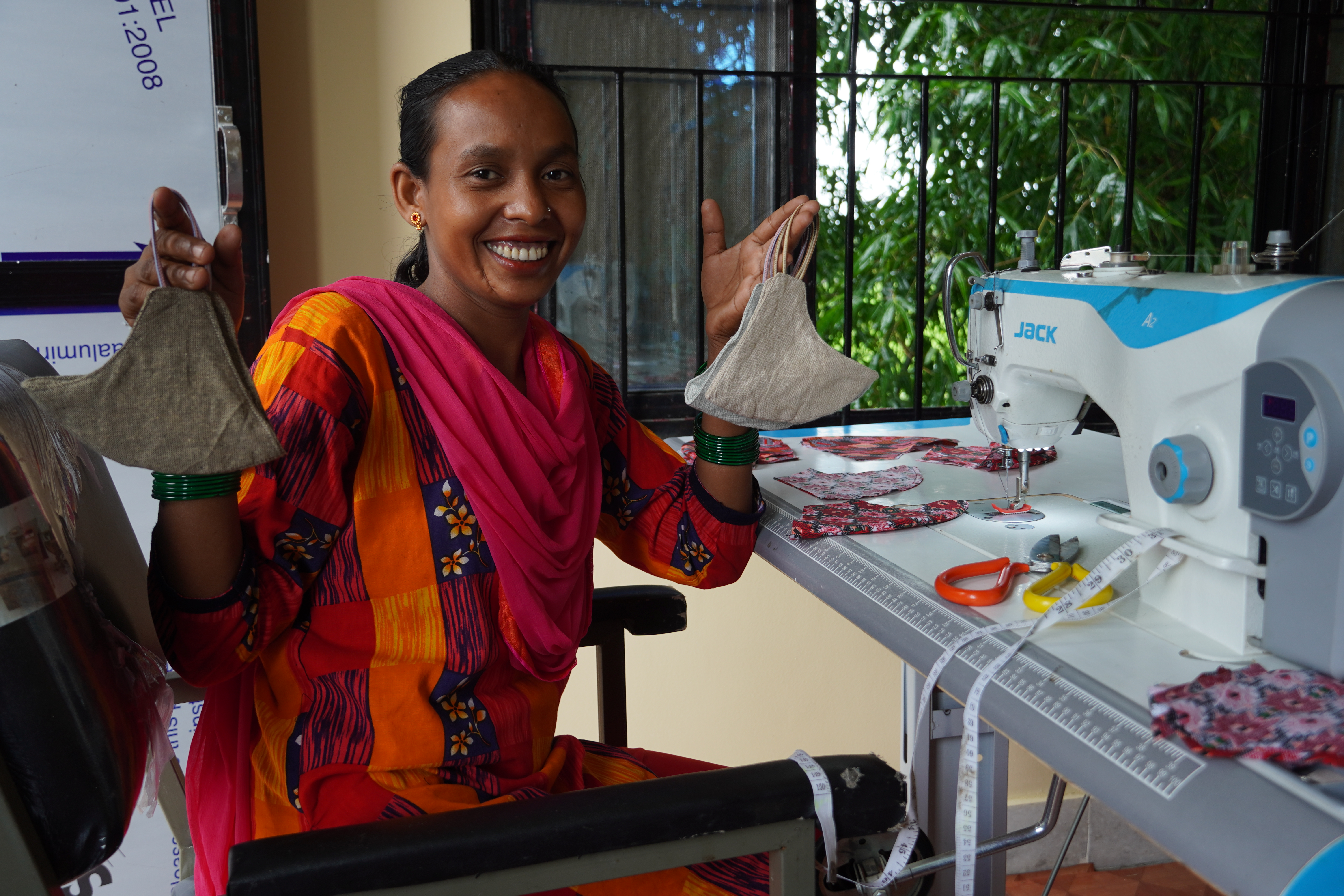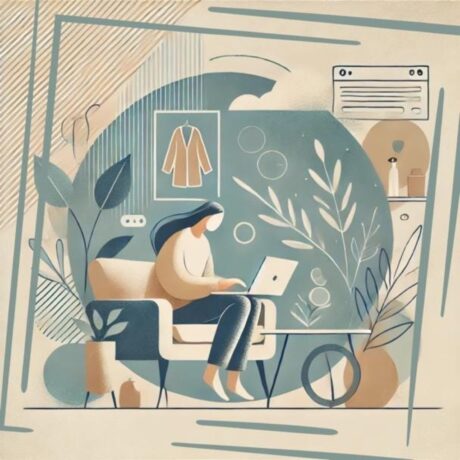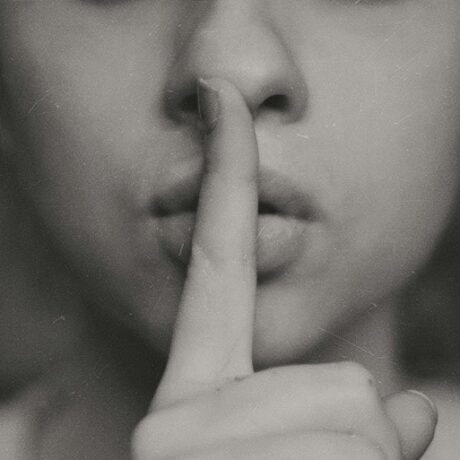Turning Trauma into Power
Nasreen Sheikh, child labour and forced marriage survivor, social entrepreneur and gender equality advocate, shares her journey from exploitation to empowerment with Fashion Revolution.
My work as a young female social entrepreneur was first documented publicly by Forbes in 2012, but I’ve been actively organising women to work and protect each other since I escaped child slave labour in the garment industry in Kathmandu when I was about 12 years old. Due to my birth being undocumented, like most births where I was born, I’m not sure how old I am. My guess is 27 to 29 years old. From the moment of birth, the society of the rural village I come from teaches female children that their existence is insignificant. If one’s own birth does not matter, then the conditions in which she lives, works, strives, suffers, and dies also do not matter. At an early age I came to believe that girls are simply commodities that are bought and traded as such. We are not human beings.

Growing up, I witnessed unconscionable atrocities against children and women, including some of my own female family members being murdered for speaking up for themselves. By age 9 or 10, my life seemed destined for the same oppressive path. So, I escaped my village for the capital city of Kathmandu, where I worked 12-15 hours per day in a textile sweatshop as a child labourer, receiving less than $2 per gruelling shift — only if I completed the hundreds of garments demanded of me. I ate, slept, and toiled in a sweatshop workstation the size of a prison cell, often picking sewing threads out of my food and being too afraid to look out the window. I was surrounded by pieces of clothing day and night. I HATED those clothes. They were woven with the energy of my suffering. At the end of each day, I would collapse onto the large bundles of clothes and daydream about where they would end up and who would wear them. Some of you may be wearing those clothes right now.
As a young village girl, I would look at the stars and think about the connection of all things throughout the universe. Had I not become a lifetime advocate for ending slavery, I would’ve loved to become an astronomer. I’m fascinated by stars. I’ve come to love a quote of Carl Sagan’s: “The cosmos is within us. We are made of starstuff. We are a way for the universe to know itself.” I believe everyone on this planet and all life is in a reciprocal relationship, where each individual action affects the whole. This understanding has been deeply integral to the holistic approach I’ve created to incorporate all 17 sustainable development goals into my work.
I’m currently accomplishing these goals by building women’s empowerment training centres through my non-profit organisation, Empowerment Collective, and my social fashion business, Local Women’s Handicrafts. I organised hunger relief efforts during the 2015 Nepal earthquake, helping thousands of women feed their families, and more recently, we served over 360,000 meals to rural villages affected by COVID 19. In an effort to support women’s hygiene, we’ve distributed over 7,500 menstruation hygiene kits since 2014. Additionally, we brought the first water sanitization system to a rural village in Nepal, where 71% of its water sources were toxically polluted.

Our online store is bringing ethical and fair-trade goods to the world and we’re sharing the stories of the women who produce our sustainable fashion products. Our empowerment centres use affordable, clean, and sustainable energy by utilising both solar power and bio-gas units. We’ve shown innovation in the fashion industry by using recycled materials and non-electric looms to create our products, while preserving generations-old handicraft traditions. We’ve reduced income inequality by training women in a country where currently only 0.01% of business owners are women. In an effort to promote a more sustainable city, we’ve distributed thousands of reusable shopping bags in Kathmandu, one the most polluted cities in Asia. We’ve also been advocating for responsible consumption through our million-mask initiative that’s been teaching people to use sustainable, reusable masks during the COVID-19 epidemic. Our use of natural dyes in our production process takes into account the effect we have on life below water, and the textile developments we’ve created in collaboration with local hemp farmers support life on land as well as local animal habitat preservation.
Since 2008, we’ve offered quality education through 1,950 skills training program workshops, educating over 5,000 women with real-world working skills. After becoming the first girl in my village to ever escape forced marriage, I’ve been an outspoken proponent of gender equality. We also provide women with decent work and economic growth by following the 10 principles of fair trade. We honour the concept of peace, justice, and strong institutions by creating safe space centres for women to work in areas where they are most at risk. In order to reach our goals, we’ve partnered with many different organisations, including Fashion Revolution, LA Summit, Activists and several universities.
Follow @_NasreenSheikh and @Empowerment_Collective to keep up with Nasreen’s work.








